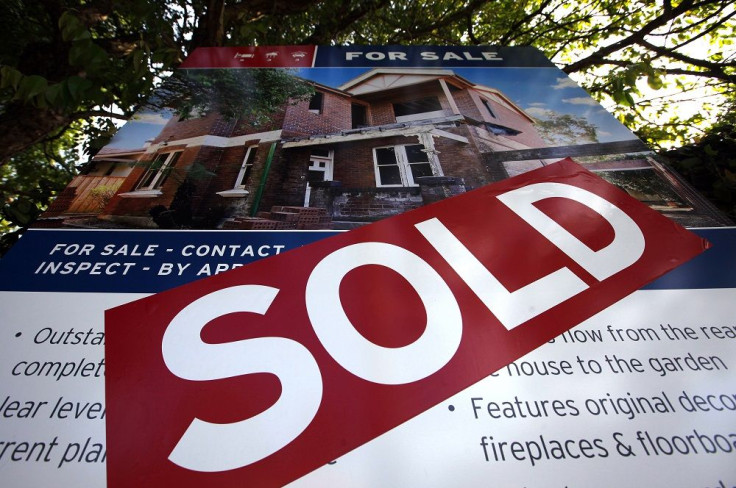Macquarie forecasts higher demand for Australian homes from expats after Brexit

Australia would no longer be the top destination of wealthy Asian property investors only as was the situation in early 2014. Macquarie says that because of Brexit, expats may decide to leave Britain and return home, while locals may also have second thoughts before moving overseas.
While most of the anticipated impact of Brexit on Australia are expected to be negative, such as falling stock prices, weakening of the Australia dollar and lower credit ratings, on the plus side, it would boost population growth faster. It could also bring more support to the housing market, reports the Sydney Morning Herald.
In 2015, Macquarie analysts forecast a 7.5 percent decline in Australian home prices beginning March 2016 due to slower population growth and excess new houses in the pipeline. James McIntyre, economic analyst at Macquarie, says that as an aftermath of Brexit, there is now “potential for a less negative house price outlook.”
The two factors, coupled with anticipated interest rate cut, are expected to hike demand for houses, confounding “some of the more aggressive expectations for negative housing spillover,” McIntyre says. Besides the uncertainty of the stay in UK which voted to leave the European Union, the analysts points to the 10 percent dip in the sterling’s value as another reason why working in Britain just became less attractive to an estimated 100,000 Australian expats in UK.
Even with the lower value of the pound, expats who return to Australia could still afford to buy property. Such is not the case for many locals who want to purchase homes for the first time. Your Mortgage cites a survey of more than 1,000 Aussies that 72 percent would not be able to afford property at their dream location.
Meanwhile, another 70 percent admit the fear paying too much for a property. Other concerns raised by the prospective new homeowners include maintenance costs, saving for a deposit, qualifying for a loan, purchasing in the wrong location, meeting amortisation, committing to stay on the same property and purchasing the wrong property type.
VIDEO: What Does Brexit Mean for You?




















